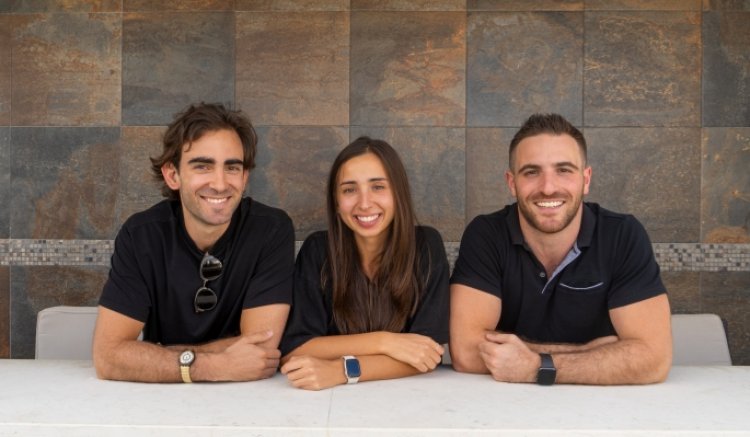Caribou grabs $3M to remove the ‘unexpected’ from healthcare cost planning
The company helps advisors and their clients identify the right health plan and if you may need long-term care planning (spoiler, you probably will).

With almost 4,000 Medicare Advantage plans to choose from, it not only makes choosing one a complex decision, but making a wrong decision could affect the wallet if something unexpected should happen.
Miami-based startup Caribou aims to make that decision easier through its healthcare cost prediction and optimization software packaged into a SaaS business model designed for financial planners so they can advise their clients on the best plan.
The company, led by co-founders Christine Simone and Cory Blumenfeld and founding engineer Giorgio Delgado, gathers data on factors, like utilization, health conditions and medications, and provides financial advisors with a scalable tool to evaluate a client’s healthcare planning needs.
Simone explained that financial advisors don’t often ask clients about their medication costs or health conditions, so some of the pillars the company helps advisors and their clients identify include health plan selection and if you may need long-term care planning — which Simone estimated 70% of people usually do.
Simone and Blumenfeld started Caribou in 2020 after careers in healthcare, where they saw stakeholders not addressing the financial component of care.
“And that burden unfortunately gets placed on the consumer,” Simone told TechCrunch. “Every day we hear about rising healthcare costs and medical bankruptcy, and I’m so excited that we’re empowering consumers to proactively plan for the costs and make smarter decisions using data.”
The company raised $575,000 in early 2021, and today, announced another $3 million in a seed round to bring its total funding to $3.1 million.
The investment was led by Jack and Max Altman, who were joined by Lightspeed Ventures, Dash Fund, existing investors Garage Capital and N49P, as well as a group of angel investors, including Plaid CTO Leslie Schrock and Tribe’s Arjun Sethi.
Jack Altman said in a written statement that Caribou is picking up the healthcare planning where employers leave off.
“We’re seeing solutions in the employer space aiming to reduce healthcare spend for employees, companies and payers,” he added. “What happens once people leave those companies or their HR departments no longer have access to that data? Caribou’s positioning through the financial system lens is a great opportunity to reach a different segment of customers and offer them something incredibly valuable.”
Caribou’s software has only been in the market for a few months, but the company is already racking up dozens of customers, including BLB&B Advisors, CapSouth Wealth Management and Jackson Square Capital.
Though it was too early to talk about growth metrics, Simone says growth, especially off of the open enrollment season in the fourth quarter, “was crazy busy in terms of adoption,” and now the company is at a threshold of putting firms on a waitlist. Current customers represent tens of thousands of end clients, and the company is already able to prove that it saved consumers hundreds of thousands of dollars in healthcare costs.
The new funding will be invested in product development to be able to provide more robust financial insights and reach wider-scale distribution. The company also aims to grow its customer success team and double its overall employee headcount by the end of the year.
Caribou’s goal is to focus on the end consumer, so while it is distributing its software through the financial industry, its product roadmap also includes different distribution channels, including technology platforms that consumers could access directly.
“There’s only 39% of Americans that work with a financial advisor, so we also need to be looking at opportunities outside of financial advisors,” Simone said. “We want to be able to distribute our tool like a back-end plug-in embedded into some of these other financial technology platforms to give access to more consumers."







